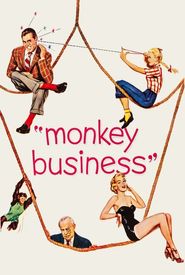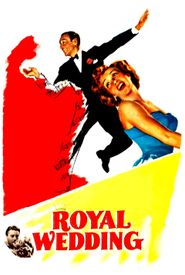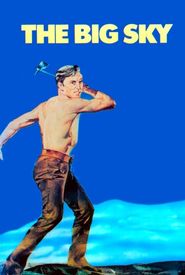Henri Letondal was a French-Canadian polymath of remarkable versatility, whose extraordinary range of skills encompassed not only being a discerning music critic, but also a shrewd administrator, a virtuosic cellist, a prolific playwright, and a talented actor.
His eclectic interests and passions led him to create a plethora of sketches and revues, often taking it upon himself to compose the music that accompanied his witty and engaging performances.
Letondal's formative years were marked by a deep exploration of the cello, with Gustave Labelle serving as his esteemed mentor.
As the 1920s dawned, Letondal's burgeoning interest in music criticism led him to begin reviewing concerts and variety shows for the esteemed Montreal publication, "La Patrie". This marked the beginning of a fruitful collaboration that would span several years.
In 1926, Letondal's journalistic pursuits took him to the City of Light, where he assumed the role of Paris correspondent for "La Patrie", a position he would hold until 1929.
In addition to his work with "La Patrie", Letondal also contributed music-related articles to "Le Petit Journal".
Around 1935, Letondal's expertise in music criticism earned him the distinction of becoming the music critic for "Le Canada", a prominent publication that further solidified his reputation as a respected voice in the world of music journalism.
The illustrious career of Letondal, marked by a profound impact on the world of radio broadcasting, commenced in 1929 with his appointment as the artistic director of "L'Heure provinciale" on CKAC radio in Montreal, a program proudly sponsored by the Quebec government, with the noble objective of promoting the province's exceptionally talented musicians and composers, thus fostering a deeper appreciation for the rich cultural heritage of Quebec.
Additionally, Letondal's impressive repertoire of responsibilities also included serving as the director general of the esteemed film company France-Film, a testament to his versatility and dedication to the world of entertainment.
Letondal's impressive creative output is believed to comprise roughly 160 radio plays and sketches, spanning a period of approximately 11 years, from 1937 to 1948. Not only was he a prolific writer, but he also demonstrated a remarkable range of talents by occasionally composing the music and even producing his own works. This multifaceted approach allowed him to exert a high degree of control over the final product, resulting in a distinctive style that was uniquely his own.
In 1946, Letondal made the bold decision to transition into the world of Hollywood cinema, where he went on to appear in an astonishing total of 36 films. This impressive filmography includes at least one Canadian production, a testament to his versatility and adaptability as an actor. Tragically, Letondal's life was cut short when he passed away in Hollywood in 1955, leaving behind a legacy that continues to inspire and entertain audiences to this day.










































